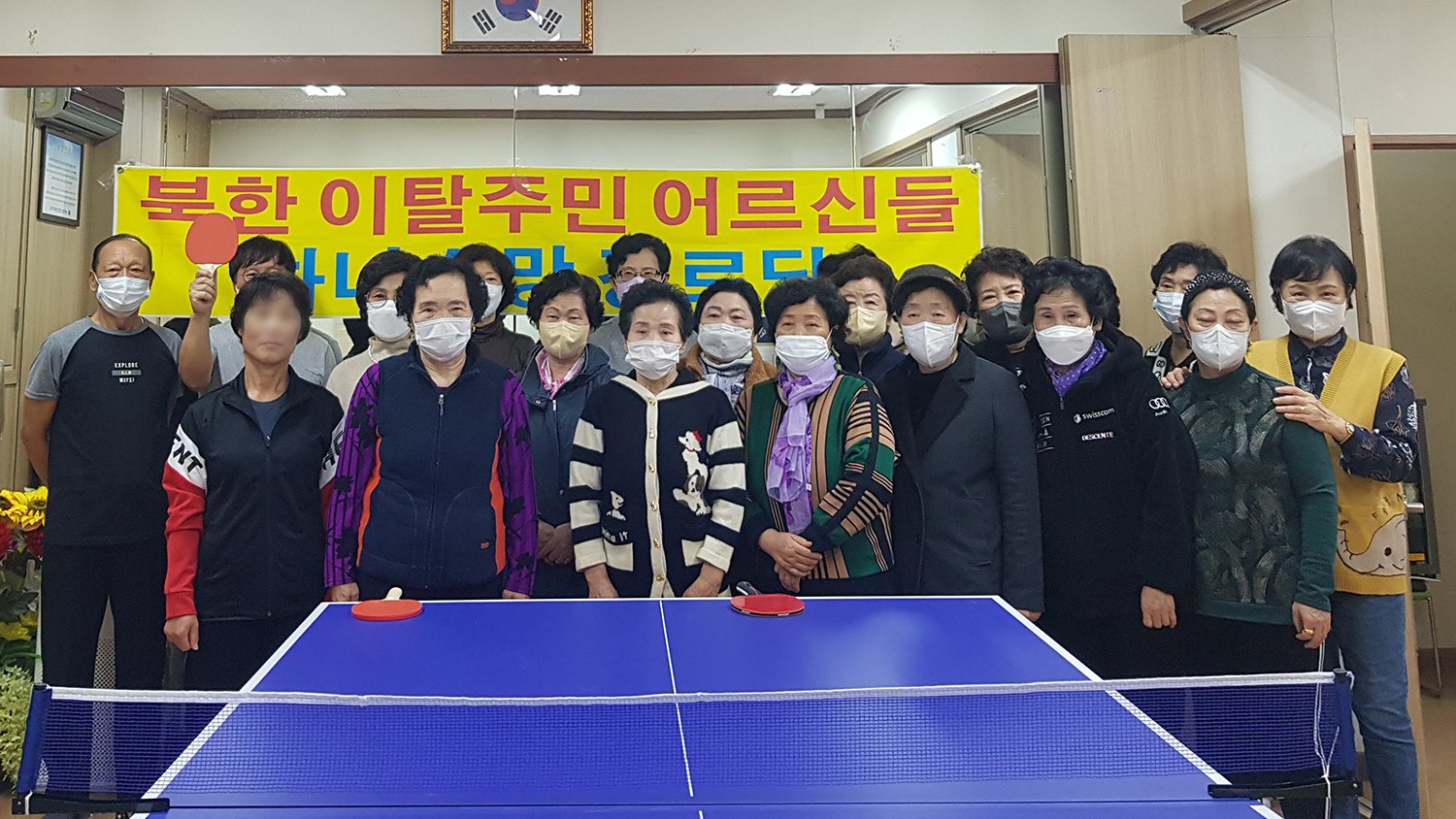Growing in Size and Spirit
In November, two staff members, Jacob and Dan, went to visit our operations in South Korea. They participated in an English class at Elim Community. It was different from the class that Dan or Jacob taught earlier in the year. The atmosphere was lighter. People were having a great time and laughing with each other. When the instructor asked the group questions, they responded enthusiastically. They were having fun.
At dinner after the class, one of the refugees told us that, for refugees who work full time, leaving the stress of work and coming to the Elim Community class to share that time together and laugh was a great stress reliever. Furthermore, for those at home all day, not having anyone to talk to, coming to class to dialogue together, laugh together and then eat together is also a great way to be in a community that understands this great need.
Life for anyone living in South Korea can be lonely. It is common for an office worker to be at work 60 to 80 hours per week. Apartments are usually small, designed for sleeping and eating and not much else. North Koreans also feel a sense of disconnectedness in their new country. Though they have earned a hard-fought freedom, refugees say that there is little sense of community. One refugee who attends our English class said to us that strangers talk to each other in North Korea. He recalled frequently riding an overnight train and meeting people who eventually became lifelong friends. This simply doesn’t happen that often in the South.
North Koreans need a space where they can gather without judgment. Elim Community English classes have been designed to teach practical English skills in this safe community environment.
Later, in December, as the semester ended, we wanted to celebrate with an end-of-year party where we recognized our students for good attendance and scholarship. The attendees got dressed up, ate good food and played games. Most importantly, they became an even tighter-knit community. While dressing up and attending a Christmast party may not be uncommon to most folks, this event was a gift to most of the refugees. Our English teacher said the one thing she would change for next year’s party is to bring a megaphone. People were laughing so hard that it was hard to get their attention.
SEOUL
With the strength of this community built around Elim Community classes in Incheon, we felt confident in expanding our community classes for North Korean refugees into Seoul, South Korea’s capital and largest city, where most North Koreans in South Korea live. We are partnering with another regional Hana Center in Seoul, the South Korean government’s resettlement agency dedicated to helping North Koreans. Classes in Seoul launched this January and we look forward to sharing more with you in the coming months.
“She smiled and said how great it was to be able to eat together with people like this that evening.”
At dinner with students after an English class in Seoul, one of the North Korean women shared that she had defected from North Korea alone, tried to get married and make friends in South Korea, but ultimately failed and ended up living alone. She smiled and said how great it was to be able to eat together with people like this that evening. One of our newer staff members expressed how she felt more deeply with each passing class how much joy this small event brings to the North Koreans in attendance.
Our prayer is that our Incheon and Seoul classes reach those who need community and the hope of Jesus the most!














